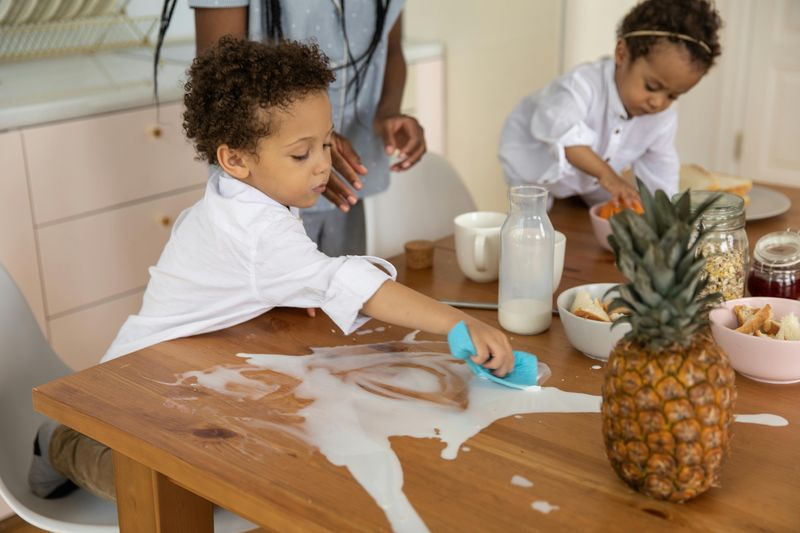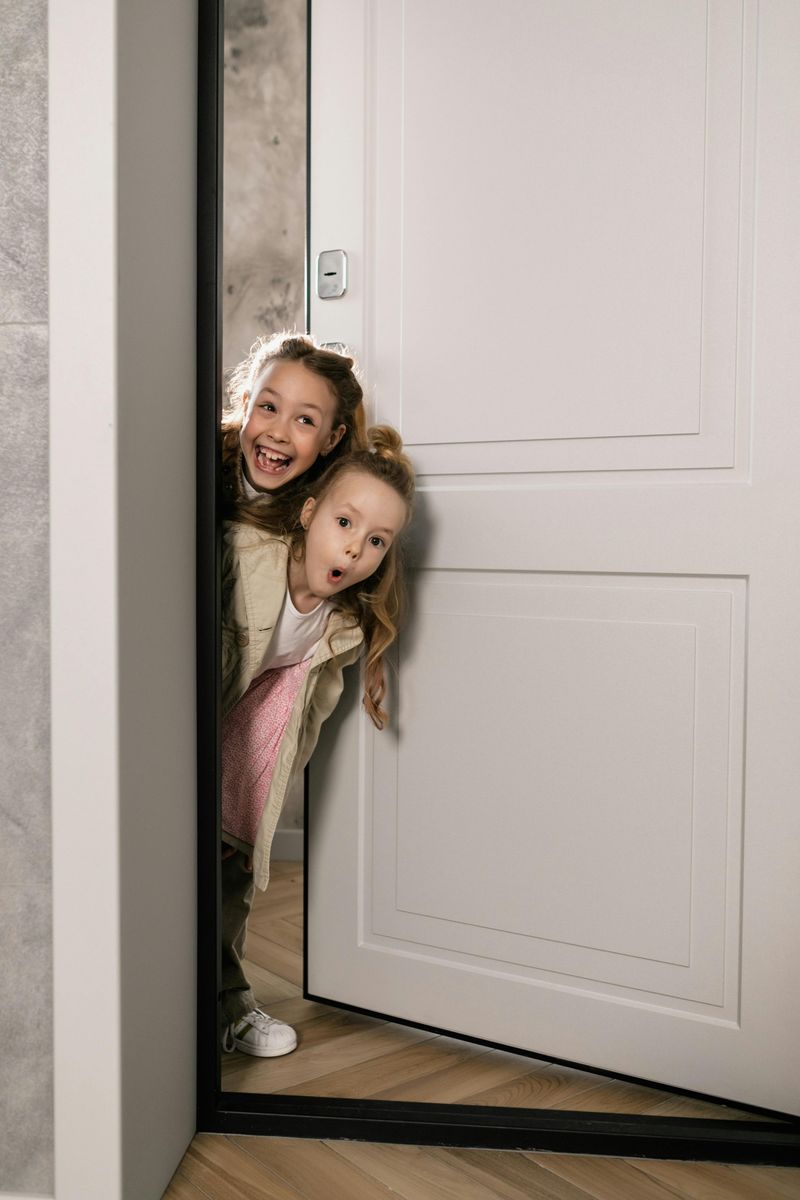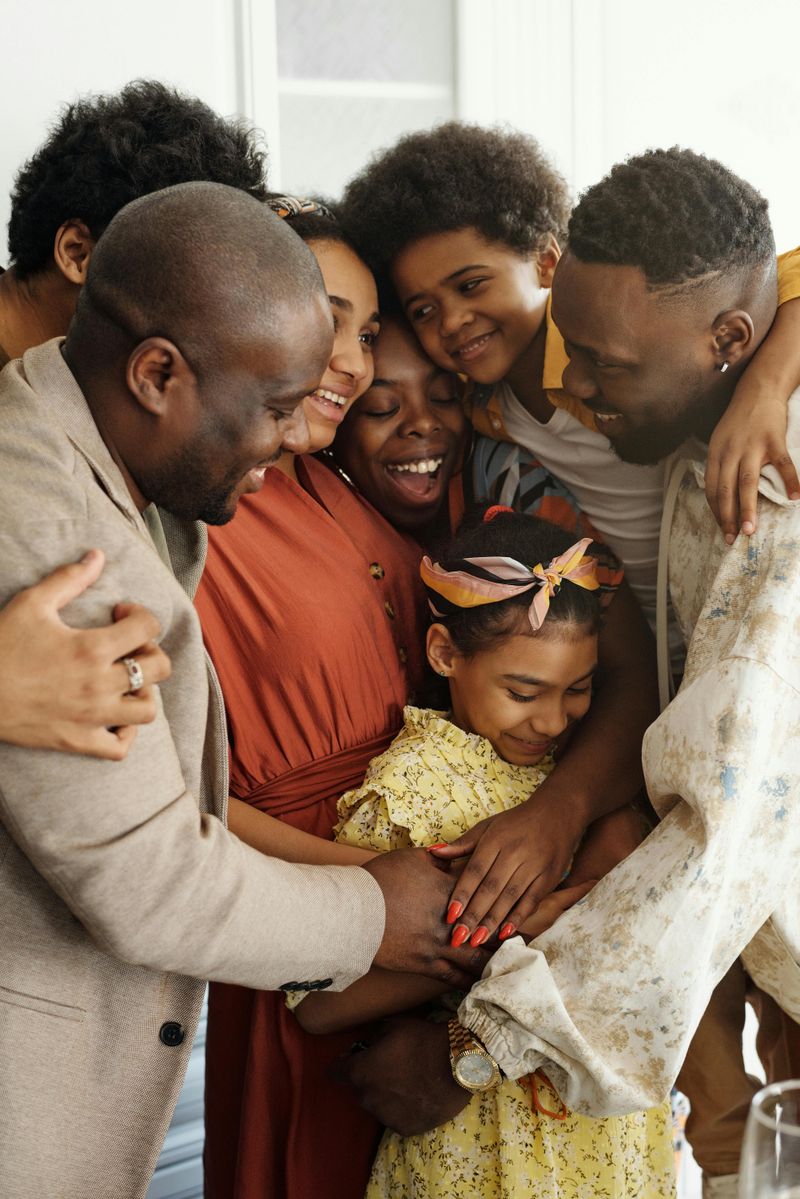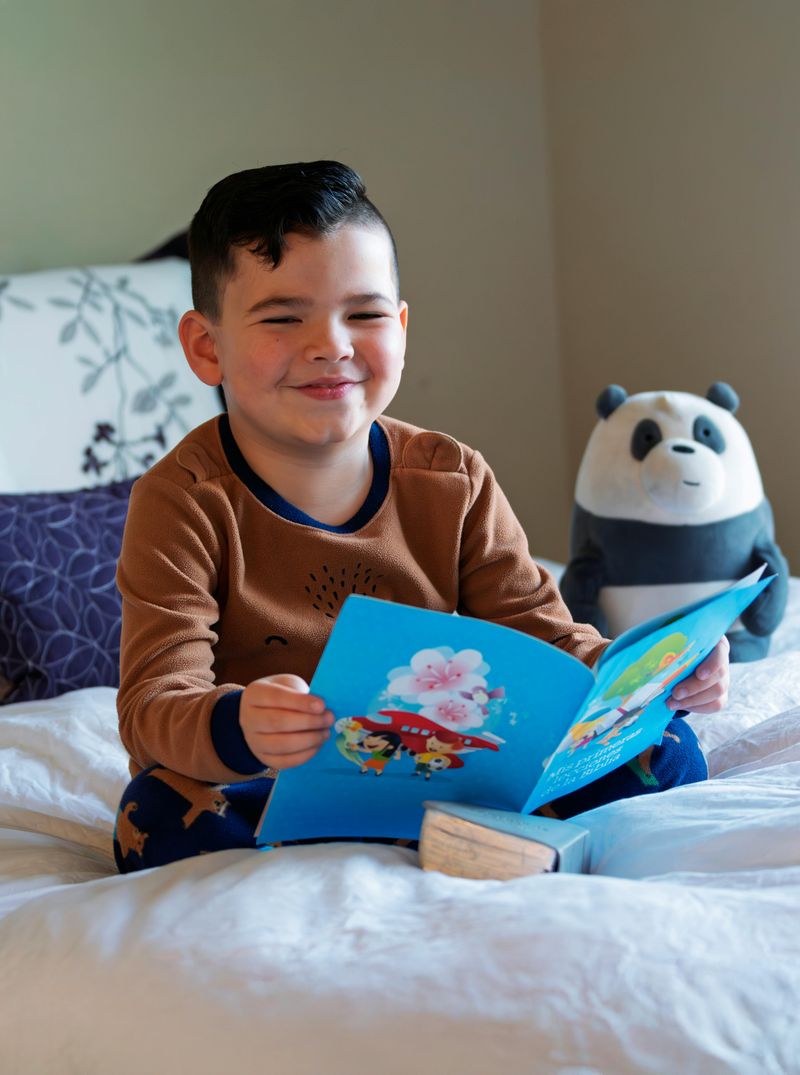Growing up in a loving home shapes who we become as adults in profound ways. The emotional environment of our childhood forms the blueprint for how we view ourselves and relate to others throughout life. Looking back, there are clear markers that show whether we were raised with the nurturing support needed to thrive. Here are ten signs that you were fortunate enough to experience a truly loving and supportive childhood home.
1. Your opinions were valued, not dismissed

Family dinner conversations welcomed your thoughts, no matter how childish they might have seemed. Your parents didn’t laugh when you declared you’d be an astronaut-veterinarian-rockstar.
Instead, they asked questions about your space animal hospital concert tour. This validation taught you that your voice mattered, even when you were small.
The confidence you feel expressing yourself today stems directly from those early experiences of being heard and respected rather than silenced or ignored.
2. Mistakes were learning opportunities, not disasters

Remember that time you spilled juice all over mum’s favourite tablecloth? Rather than facing a shouting match, she helped you clean up while explaining how to carry drinks more carefully.
Slip-ups weren’t met with shame or punishment but with patience and guidance. Your home was a safe laboratory for trial and error.
This approach to mistakes fostered resilience rather than fear, teaching you that failures are simply stepping stones on the path to getting things right.
3. You weren’t afraid to bring home bad news

That dreadful maths test with the big red D scrawled across it? You actually showed it to your parents without hiding it first. While they weren’t thrilled, their response focused on how to improve rather than punishing you for the poor mark.
Their measured reaction taught you accountability without fear. You learned that difficulties could be faced head-on rather than buried.
This foundation explains why, as an adult, you’re more likely to address problems directly instead of avoiding uncomfortable situations.
4. Celebrations weren’t just for perfect scores

Your fridge displayed artwork that would never win competitions, alongside certificates for participation rather than just first-place trophies. Your parents cheered just as loudly when you finally managed to serve the ball over the net after weeks of practice as they did for your teammate who scored the winning point.
Effort and improvement were celebrated, not just excellence. This created a healthy relationship with achievement.
Their genuine enthusiasm for your small victories built confidence that wasn’t dependent on outperforming others.
5. Your bedroom was your sanctuary

Your personal space wasn’t subject to surprise inspections or violated boundaries. Your parents knocked before entering and respected your growing need for privacy as you aged.
This sacred territory allowed you to develop your identity through posters, collections, and décor that expressed your evolving personality. Your room became a reflection of your inner world.
Having this respected space taught you about healthy boundaries and the importance of having somewhere to retreat and process emotions safely.
6. Family traditions created a sense of belonging

Sunday morning pancakes shaped like animals. The ridiculous birthday song only your family knows. That Christmas Eve tradition involving hot chocolate and terrible ghost stories.
These quirky rituals weren’t just fun; they were threads weaving you into the fabric of something larger than yourself. They created predictability in an unpredictable world.
Research shows these family traditions build strong identity foundations and create memories that become emotional anchors through life’s storms.
7. Unconditional love wasn’t just talked about; it was demonstrated

Even during your most unlovable teenage moments; door slamming, eye-rolling, and questionable fashion choices included; your parents’ love remained steadfast. They might not have approved of every behaviour, but rejection was never on the table.
This security created an emotional safety net that allowed you to take risks. You knew that regardless of success or failure, you’d still have a place at the family table.
This unwavering acceptance is likely why you can now form healthy attachments without fear of abandonment.
8. Your home was a safe harbour in emotional storms

When playground politics left you in tears or your first heartbreak shattered your world, home was where you instinctively went to heal. Your emotional displays weren’t met with dismissal (“stop crying”) or minimisation (“it’s not that bad”).
Instead, your feelings were acknowledged as real and important. Your parents created space for both sunshine and rain in your emotional weather system.
This emotional validation equipped you with the ability to process feelings healthily rather than suppressing them; a gift that serves your adult relationships well.
9. Laughter echoed through your childhood memories

Humour wasn’t a stranger in your household. Family inside jokes, playful teasing (the kind that builds up rather than tears down), and parents who could laugh at themselves created an atmosphere of joy.
Even during tough times, someone would crack a joke that lightened the mood. This wasn’t about dismissing problems but finding light amidst darkness.
Growing up with laughter taught you resilience through humour; the ability to find absurdity in difficulty and maintain perspective when life gets overwhelming.
10. Your parents modelled the relationship skills they taught

The greatest gift? Your parents didn’t just lecture about respect, communication, and compromise; they demonstrated these qualities in their own relationships. They apologised when wrong, resolved conflicts constructively, and showed affection openly.
Witnessing healthy relationship dynamics provided an invaluable blueprint. You absorbed these patterns subconsciously long before you understood their importance.
This living example of emotional intelligence explains why relationship skills might come more naturally to you than to friends who lacked these models growing up.